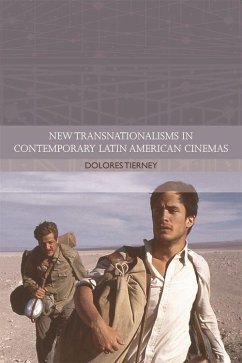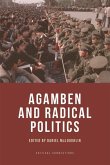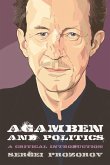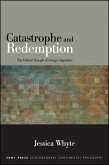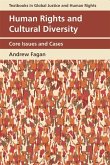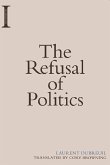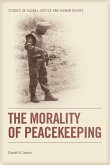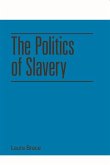'Lechte and Newman do what has terrified many of us: they speak of transcendence and life together. Moving brilliantly across the contemporary terrain of human rights and biopolitics, the authors explore how language, gesture, and image allow us to approach life without the zoē/bios distinction holding sway. This is a courageous book that opens up new perspectives not only on Agamben but also on forms of current and future life.' Timothy Campbell, Professor of Italian Studies and Chair of Romance Studies, Cornell University Can human rights protect the stateless? Or are they permanently excluded from politics and condemned to 'bare life'? Human rights today have become the meta-narrative of globalisation. However, the most casual glance reveals a world in which human rights are violated on an unprecedented scale, often by the very sovereign states who claim to protect them. According to Giorgio Agamben, this is no coincidence: he argues that despite the claims of NGOs, international legal scholars, global ethicists and governments, human rights today do not protect us from the excesses of state power. On the contrary, they are a sign of our growing powerlessness and political alienation in the face of a sovereign state of exception that has become global. Lechte and Newman take Agamben's critique as their starting point and reveal the paradoxes central to the politics of human rights by exploring questions of statelessness, exclusion, the violence of securitisation and the visual representation of refugees and illegal migrants in the media. They propose a radical rethinking of human rights as disengaged from humanitarianism, biopolitics, sovereignty and the society of the spectacle - as becoming genuinely political. John Lechte is Professor in Sociology at Macquarie University, Sydney. He is author of Julia Kristeva (1990), Fifty Key Contemporary Thinkers (1994) (2nd edition, 2008), Writing and Psychoanalysis (1996), Key Contemporary Concepts (2003), Julia Kristeva: Live Theory (with Maria Margaroni) (2004) and Genealogy and Ontology of the Western Image and its Digital Future (2012). Saul Newman is Professor in Political Theory at Goldsmiths, University of London. He is the author of From Bakunin to Lacan (2001), Power and Politics in Poststructuralist Thought (2005), Unstable Universalities (2007), Politics Most Unusual (2008), The Politics of Postanarchism (Edinburgh University Press, 2010) and Max Stirner (2011). Cover image: Senecio, Paul Klee, 1922 (c) akg-images. Cover design: [EUP logo] www.euppublishing.com
Hinweis: Dieser Artikel kann nur an eine deutsche Lieferadresse ausgeliefert werden.
Hinweis: Dieser Artikel kann nur an eine deutsche Lieferadresse ausgeliefert werden.

